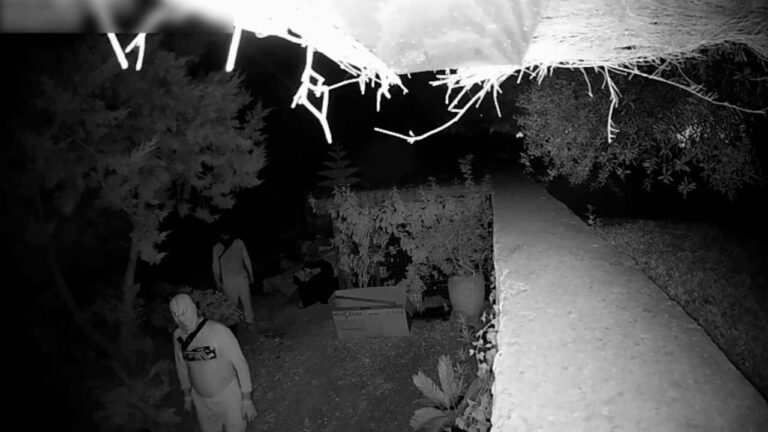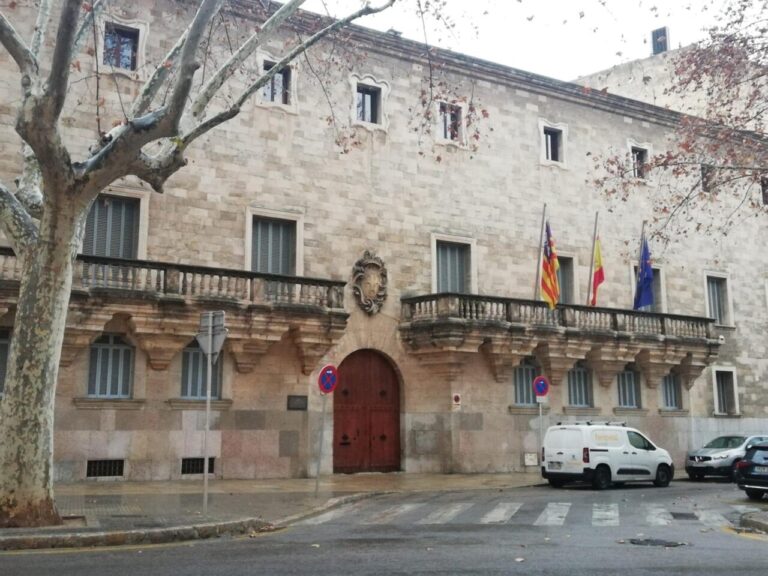The Government of the Balearic Islands introduced a series of key changes in the regulations governing the urban planning amnesty for illegal constructions on rural land. Decree Law 3/2024 on urgent measures of simplification and administrative rationalization of public administrations, published on May 28 in the BOIB, allowed the initiation of an extraordinary regularization process for illegal buildings as long as the urban planning crime had prescribed at the entry into force of the rule. However, in its ratification and validation as Law 7/2024 on December 13, the text extends the original provisions with more flexible measures and simplified procedures that benefit owners.
Among the most important modifications are the relaxation of the criteria for accrediting the prescription of illegal works and the possibility of carrying out reforms in out-of-order buildings. Likewise, the meaning of administrative silence has been changed from being negative in the initial version to positive in the final law, which provides greater guarantees to owners in the event of a lack of response from the administration. In addition, the new law introduces a specific regulation for works on protected rural land, allowing partial regularizations under environmental conditions. These modifications, the result of parliamentary negotiations between the Balearic PP and Vox, significantly expand the possibilities for those seeking to regularize an illegal construction on the islands. Below are the five key changes introduced in Law 7/2024 with respect to Decree Law 3/2024.
Easier statute of limitations for illegal works
Article 196 of Law 12/2017 established a maximum period of 8 years to initiate the procedure for the restoration of urban planning legality, provided that the illegal works had been completely concluded and it could be demonstrated “reliably, objectively, rigorously and with certainty” at the exact time of their completion. With the approval of Law 7/2024, this section is made more flexible by allowing the completion of the works to be accredited by any means of evidence admitted in law, with technical reports, testimonial statements, dated photographs or historical administrative documents. In addition, the assessment of this evidence will be made in accordance with the criteria of Law 1/2000 of Civil Procedure, marking a shift towards a less restrictive evidentiary standard. According to the December law, “the term is computed from the day on which the acts are definitively finished. To this effect, the work is understood to be completely finished when it is so accredited by any means of proof admitted in Law, the assessment of which shall be made in accordance with the criteria established by Law 1/2000, of January 7, of Civil Procedure, and the burden of which falls on whoever alleges.”
Permitted works in illegal buildings
One of the most relevant changes is the authorization to carry out maintenance and improvement works in illegal buildings. Although these cannot be completely regularized, the regulation allows interventions to ensure safety, health and habitability: “In buildings or facilities that are out of order (…) any work of health, safety, hygiene, repair, consolidation and also reform is allowed”. This change has a direct impact on cases such as the Don Pepe apartment blocks, where the owners could make improvements without the need to completely regularize the building if the declaration of ruin is reversed. This is not a legalization but it does offer guarantees to carry out works legally.
Extension of the statute of limitations
The initial text of the decree established that “the buildings, constructions, installations and uses existing on rural land with respect to which , at the time of the entry into force of this decree law, it is no longer appropriate to adopt the measures for the reestablishment of urban planning legality, may be legalized on an extraordinary basis within a maximum period of three years”. However, the ratified version modifies this wording significantly: “The buildings, constructions, installations and uses existing on rural land for which at the time of the presentation of the application it is no longer necessary to adopt the measures for the reestablishment of urban planning legality, may be legalized extraordinarily within a maximum period of three years”. This change allows buildings with urban planning infractions still active at the time of entry into force to benefit from the amnesty if the offense is time-barred within the three-year period established by law.

From negative to positive administrative silence
The May decree stipulated that “the maximum period for resolving and notifying the final resolution to the interested party is six months, and the effect of the elapse of this maximum period enables the interested party to consider the application rejected by negative silence, without prejudice to the obligation of the city council to resolve and notify the express resolution”. In the new law, this provision changes drastically: “The maximum term for resolving and notifying the final resolution to the interested party is six months, and the effect of the elapse of this maximum term enables the interested party to consider the application to have been granted by positive silence, unless it incurs in any of the cases of inadmissibility or does not meet the requirements established in this additional provision”. This change notably benefits the owners, since the absence of a response from the administration will be considered a tacit approval of the application, provided that there are no clear causes of inadmissibility.
Regulation of construction works in protected rural land
The new law introduces specific provisions for buildings on protected rural land: “In particular, with regard to the land included in the scope of the Law 1/1991The Balearic Islands, and also to the rest of the protected rural land regulated in the applicable regulations, it shall be understood that the action for the reestablishment of urban legality is time-barred if, in addition to the expiration of the corresponding statute of limitations period, the completion of the building, construction or installation or the implementation of the use prior to the date on which the act or use, as the case may be, becomes prohibited, is accredited.”. Esto abre la posibilidad de regularizar construcciones en áreas protegidas siempre que cumplan con criterios específicos y demuestren prescripción.
Continue reading
-
Flood zones: What are they and why did they put the brakes on the urban planning amnesty debate?
-
The Govern assures that it is exploring “all possible ways” to solve the Don Pepe case










